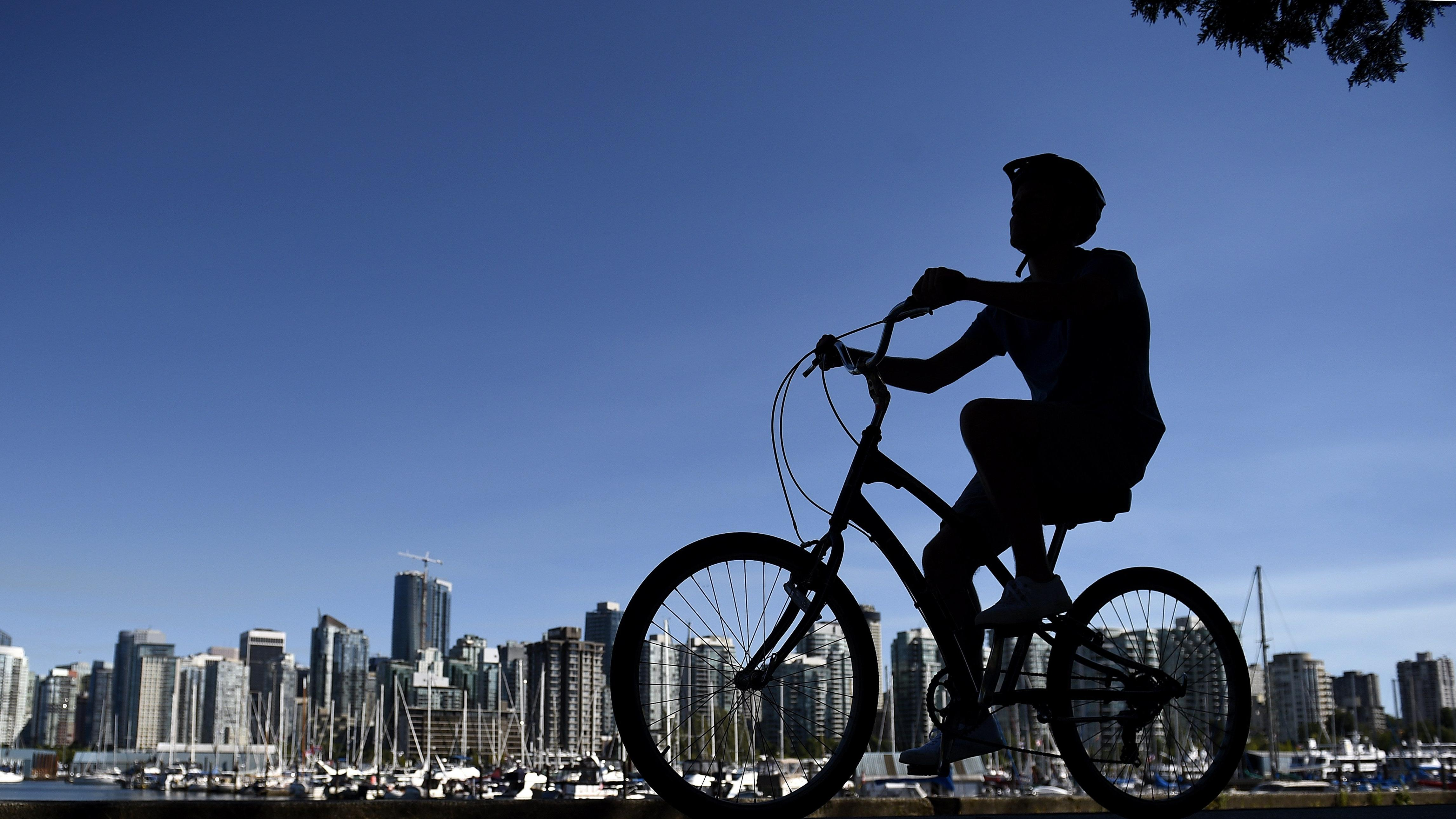Vancouver Cyclist Charged Over $3,700 To Repair Vehicle That Hit Him
Ben Bollinger was hit by a driver that ran a stop sign
Eight months into his recovery after being struck by a car while biking, Ben Bollinger of Vancouver, Canada received a surprise bill for $3,752.01. The Insurance Corporation of British Columbia (ICBC) was asking him to recoup the damages caused to the vehicle that hit him, Global News reports.
Bollinger told Global News that he was riding on a bike path when a vehicle ran a stop sign and collided with him. He said that he flew 14 meters, or about 46 feet, after being struck and was hospitalized with a broken hand and foot.
But the ICBC claimed that he was driving an uninsured vehicle at the time of the collision, so he has to pay for damages, since the driver was insured.
This may be an unintended result of British Columbia's no-fault-style insurance policy, which means that all B.C. residents can receive benefits for injuries, wage loss, and damages after a crash, regardless of who was at fault. Accident victims cannot sue the at-fault driver. At-fault drivers have few consequences for their actions aside from an increase in premiums. And that includes cyclists.
In theory, this plan was intended to provide all parties better access to care and coverage after an accident — but it can also have unintended consequences of the kind we can see here, where Bollinger can be charged with causing damage to an at-fault vehicle.
Here's a little more from the Global Canada article about why this issue is popping up:
But Vancouver lawyer Kyla Lee said cases like Bolliger's are becoming more common, now that cyclists and other uninsured individuals do not have the ability to sue ICBC or insured drivers under the new insurance model.
"It gives ICBC all the power, and what we see when ICBC has the power is they try and get as much money from people as they can and save themselves from paying out as much money as they can when it comes to a claim," Lee said.
It's a harsh blow to Bollinger, who had metal plates inserted during the reconstruction of his hand — of which he will never regain full motion.
